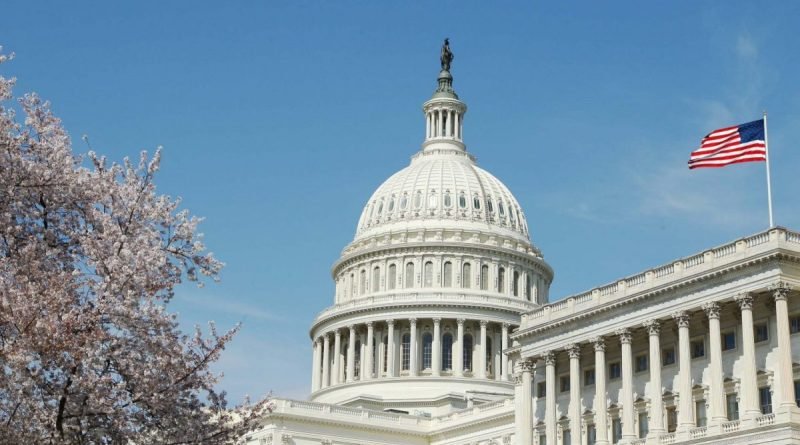An initiative has been introduced in Congress to make the Iran Sanctions Act effective indefinitely
An initiative has been introduced in Congress to make the Iran Sanctions Act effective indefinitely
WASHINGTON, May 1.
U.S. lawmakers from the Democratic and Republican parties are introducing an initiative in both houses of Congress to introduce an indefinite law allowing the U.S. president to impose tough sanctions on the Iranian economy. It was announced on Monday by the press service of the Chairman of the House Foreign Affairs Committee Michael McCaul (Republican from Texas), who is the author of the initiative.
The Iran sanctions bill introduced in the lower chamber is designed to make permanent the Iran Sanctions Act of 1996 (ISA), which expires in 2026. The ISA, which must be continuously renewed by Congress, allows the U.S. executive branch to impose sanctions on Iran’s energy sector in particular to thwart its attempts to build nuclear weapons. “The ISA is one of the most important tools in U.S. law to force Iran to abandon its dangerous and destabilizing behavior,” McCaul said in a written statement.
“This bill takes the long overdue step of eliminating arbitrary expiration, so that sanctions will only be lifted if Iran stops its dangerous behavior. Iran will not be able to stall until the U.S. law expires,” the congressman added. A completely similar bill will soon be introduced in the Senate.
Under the ISA, the head of state has the power to impose restrictions on Iran’s energy sector, but over time the president’s authority has expanded to include other sectors of Iranian industry. Congressional efforts to significantly extend the law have been attempted before, but were not approved by both chambers of the legislature.
The Joint Comprehensive Plan of Action on Iran’s Nuclear Program (JCPOA) was signed with Iran in 2015 to address the crisis surrounding its nuclear developments by the permanent UN Security Council Five and Germany. Previous U.S. President Donald Trump decided in 2018 to withdraw from the arrangement. Current U.S. leader Joe Biden has repeatedly signaled a willingness to bring Washington back into the nuclear agreement, but in the spring of 2022 negotiations to reinstate the JCPOA effectively ceased due to deteriorating relations between the U.S. and Iran.
You may be interested: JPMorgan Chase acquired First Republic bank that survived the collapse
